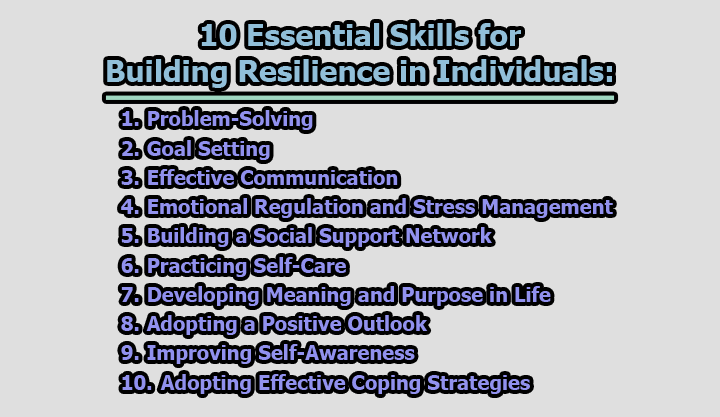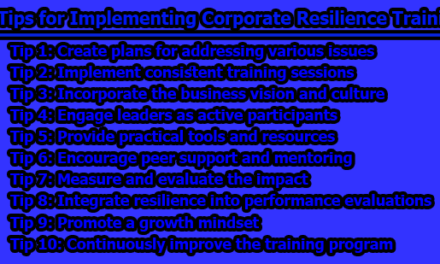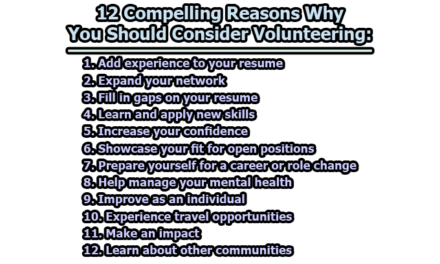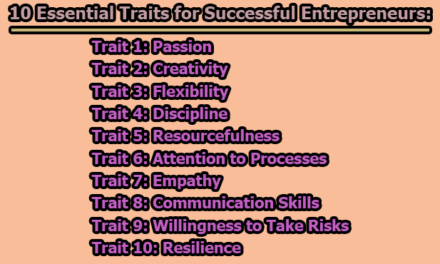10 Essential Skills for Building Resilience in Individuals:
In an ever-changing world filled with myriad challenges and uncertainties, the ability to adapt, persevere, and thrive in the face of adversity is an invaluable trait. Resilience, the capacity to rebound from setbacks and emerge stronger, is a skill that can be nurtured and developed. In this article, we explore 10 essential skills for building resilience in individuals. These skills, drawn from the research and insights of experts in the field, encompass a diverse range of competencies, from problem-solving and goal-setting to emotional regulation and fostering a positive mindset. Understanding and honing these skills can empower individuals to navigate life’s trials with grace and fortitude.
1. Problem-Solving: Problem-solving is a foundational skill for resilience (Duckworth, 2016). It involves the ability to identify, analyze, and break down problems to generate potential solutions. Clients can learn to choose and implement the most effective solutions, empowering them to confront adversity effectively.
2. Goal Setting: Setting well-defined and achievable goals is a cornerstone of resilience (Pemberton, 2015). Clients can work towards these goals through incremental steps, which fosters confidence and a sense of accomplishment. This, in turn, contributes to an individual’s resilience as they recognize their capacity to make progress despite obstacles.
3. Effective Communication: Effective communication is vital in building resilience (Southwick & Charney, 2018). Clients must learn to express their needs and feelings clearly and assertively while actively listening to others. Improved communication skills enhance their ability to seek support and build positive relationships, a key component of resilience.
4. Emotional Regulation and Stress Management: Emotional regulation plays a crucial role in resilience (Gross, 1998). It is the ability to control and manage emotions in a healthy way. Techniques such as mindfulness, deep breathing, cognitive reframing, and physical activity help individuals manage stress effectively. By mastering these approaches, clients can navigate through life’s challenges with greater emotional stability.
5. Building a Social Support Network: Resilience thrives on social support (Pemberton, 2015). Clients are encouraged to develop and maintain a robust network of supportive relationships with friends, family, and trusted individuals. These connections act as pillars of strength during tough times.
6. Practicing Self-Care: Self-care activities play a crucial role in promoting physical, emotional, and mental well-being (Southwick & Charney, 2018). Adequate sleep, a healthy diet, regular exercise, relaxation, and engaging in hobbies are all vital components of self-care that contribute to an individual’s overall resilience.
7. Developing Meaning and Purpose in Life: Finding purpose and meaning in life is essential for resilience (Neenan, 2018). Clients are encouraged to seek fulfillment in work, relationships, or other personally rewarding activities. A sense of purpose provides motivation and resilience during trying times.
8. Adopting a Positive Outlook: Cultivating a positive outlook and a growth mindset is fundamental to resilience (Duckworth, 2016). Clients can practice gratitude, focus on the positive aspects of life, reframe negative thoughts, and view setbacks as opportunities for learning and growth. Maintaining hope and optimism helps individuals weather adversity.
9. Improving Self-Awareness: Self-awareness is the cornerstone of personal growth and resilience (Southwick & Charney, 2018). Clients learn to understand their thoughts, emotions, and behaviors, enabling them to respond more effectively to stress and adversity. Recognizing when to seek support is a vital aspect of self-awareness.
10. Adopting Effective Coping Strategies: Healthy coping mechanisms are essential for resilience (Neenan, 2018). Clients can embrace positive self-talk, visualization, exercise, goal-focused approaches, social support, mindfulness, and relaxation techniques to navigate challenges with grace and resilience.
In conclusion, resilience is not merely a characteristic one possesses from birth, but a set of skills that can be cultivated and honed over time. The ten essential skills for building resilience discussed in this article provide individuals with a roadmap to enhance their ability to withstand and triumph over life’s challenges. As we reflect on the significance of these skills, it becomes evident that they are not only tools for surviving adversity but also for thriving in its wake. By mastering problem-solving, goal-setting, effective communication, emotional regulation, building support networks, self-care, finding purpose, adopting a positive outlook, self-awareness, and effective coping strategies, individuals can harness the power to not only bounce back but to bounce forward, emerging from adversity stronger and more resilient than ever before.
References:
- Duckworth, A. (2016). Grit: The Power of Passion and Perseverance. Scribner.
- Gross, J. J. (1998). The emerging field of emotion regulation: An integrative review. Review of General Psychology, 2(3), 271-299. https://doi.org/10.1037/1089-2680.2.3.271
- Neenan, M. (2018). Developing Resilience: A Cognitive-Behavioural Approach. Routledge.
- Pemberton, C. (2015). Resilience: A Practical Guide for Coaches. Routledge.
- Southwick, S. M., & Charney, D. S. (2018). Resilience: The Science of Mastering Life’s Greatest Challenges. Cambridge University Press.

Library Lecturer at Nurul Amin Degree College










